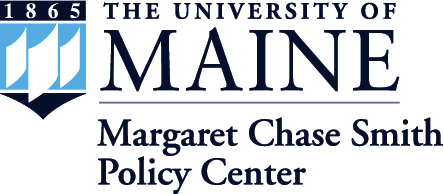Abstract
Scientific information is often not presented in a form that fits the specific needs and capacities of decision-makers. This mismatch results in the loading dock problem, where information remains unused or uptake is slow. Further exacerbating this gap is the challenge to integrate data from different disciplines. In response, we collaborated with stakeholders to co-produce knowledge in support of decision-making (e.g. related to siting, impacts on species, or local capacity) for sustainable tidal power development in Downeast Maine. Agency regulators, an industry developer, and a tribal environmental department were engaged in a series of workshops to discuss existing information, identify knowledge gaps, and co-produce data integration strategies. While this study was motivated by the need to make well-informed decisions related to tidal power development in Maine, the process is applicable to other coastal development contexts.
First page
129
Last page
136
Rights and Access Note
This Item is protected by copyright and/or related rights. You are free to use this Item in any way that is permitted by the copyright and related rights legislation that applies to your use. In addition, no permission is required from the rights-holder(s) for non-commercial uses. For other uses you need to obtain permission from the rights-holder(s).
DOI
https://doi.org/10.53558/SQEX1413
Recommended Citation
Marafino, Gabriella A. , Gayle B. Zydlewski, and Jessica S. Jansujwicz. "Knowledge Co-Production to Improve Information Uptake: A Case Study in Downeast Maine." Maine Policy Review 32.2 (2023) : 129 -136, https://digitalcommons.library.umaine.edu/mpr/vol32/iss2/22.
Creative Commons License

This work is licensed under a Creative Commons Attribution-NonCommercial-No Derivative Works 4.0 International License.
